How the mini-Budget tax cuts will affect you
Chancellor Kwasi Kwarteng's mini-Budget was full of tax cuts that will change your take-home pay


Get the latest financial news, insights and expert analysis from our award-winning MoneyWeek team, to help you understand what really matters when it comes to your finances.
You are now subscribed
Your newsletter sign-up was successful
Want to add more newsletters?

Twice daily
MoneyWeek
Get the latest financial news, insights and expert analysis from our award-winning MoneyWeek team, to help you understand what really matters when it comes to your finances.

Four times a week
Look After My Bills
Sign up to our free money-saving newsletter, filled with the latest news and expert advice to help you find the best tips and deals for managing your bills. Start saving today!
Last week Chancellor Kwasi Kwarteng announced a package of tax cuts aimed at getting the economy going. So what does it all mean for your finances? The big news is that income tax is being cut. From next April, the basic rate of income tax will fall from 20% to 19%. According to the government this will mean 31 million people will save £170 a year on tax.
On top of this the 45% additional rate of income tax will be abolished in April 2023. This is paid by anyone earning more than £150,000 a year. Getting rid of it will save someone with an annual salary of £200,000 almost £3,000 a year.
The Chancellor also announced that the 1.25% rise in National Insurance due to take effect in November will not go ahead. This is expected to save nearly 28 million people an average of £330 per year, says the government. However, “the impact varies considerably depending on what you earn, as there are weekly thresholds for National Insurance”, says Kevin Peachey on BBC News.
MoneyWeek
Subscribe to MoneyWeek today and get your first six magazine issues absolutely FREE

Sign up to Money Morning
Don't miss the latest investment and personal finances news, market analysis, plus money-saving tips with our free twice-daily newsletter
Don't miss the latest investment and personal finances news, market analysis, plus money-saving tips with our free twice-daily newsletter
Who is saving what?
The upshot is that someone earning £20,000 will save around £93 a year, but someone with an annual salary of £100,000 will be £1,093 better off.
Combine the income-tax cuts with the scrapping of the National Insurance rise and someone with a £20,000 annual salary will be about £167 better off a year. Earners on £60,000 a year will save around £969 annually and anyone earning £100,000 a year will save £1,460, according to figures from accountants EY.
However, the Personal Allowance – the amount you can earn before you start paying income tax – remains frozen at £12,570. The level at which you start paying the higher rate of income tax is also static at £50,271. Both are set to remain the same until the 2025/26 tax year.
Research by the Centre for Economics and Business Research (CEBR) for The Mail on Sunday estimates that the frozen tax brackets will mean “nearly five million lower-paid workers who currently pay no income tax will be dragged into the net over the next four years”, says Patrick Tooher in The Mail on Sunday. “Another 3.8 million taxpayers will be pulled into the 40% band as wages rise.”
This is predicted to mean an extra £46bn will be paid in income tax. “It means the haul from the frozen allowances will offset the Chancellor’s giveaways and has provoked accusations of robbing Peter to pay Paul.”
Stamp duty cut
The other key measure in Kwarteng’s speech is a cut in stamp duty in England and Northern Ireland. My colleague Merryn Somerset Webb makes an argument for abolishing stamp duty, but for now the threshold at which it is payable has been doubled from £125,000 to £250,000. And first-time buyers won’t pay stamp duty on property worth less than £425,000 (up from £300,000). They will also pay a discounted rate of stamp duty up to £625,000, instead of the previous £500,000. You can use our stamp duty calculator to figure out how much you’ll be paying.
As a result, the stamp duty bill on an average £312,000 home will fall from £5,600 to £3,100, a drop of 44%. However, many experts don’t believe the stamp-duty cut will stop big problems hitting the property market. In fact, the Budget could have made things a worse. A cut to stamp duty could stoke demand and push house prices up even further at a time when a mortgage affordability crisis is hitting the market.
What rising rates mean for your mortgage
In an effort to tackle inflation the Bank of England increased the base rate to 2.25% last week. But the plunging pound after the budget could lead to further interest-rate hikes very soon.
Rising rates are having a devastating impact on mortgages, with many homeowners finding that when their low-rate deals expire they are having to pay at least double the interest on a new deal. The average two-year fix was 1.39% in December but 3.51% by August, according to the Bank of England. “It’s not uncommon for borrowers’ payments to rise £500 to £1,000 a month,” says Martin Stewart, founder of mortgage broker London Money, in The Times. “When you go from mortgage rates of 1% to 3% in eight months, that’s a problem for people.”
Estate agency Hamptons estimates that if the base rate reaches 3%, someone buying a £295,750 property with a 25% deposit on a two-year deal would see monthly payments jump by £100 a
month, says Rachel Mortimer in The Telegraph. In short, what you save in stamp duty you may well soon hand over to your mortgage lender.
Get the latest financial news, insights and expert analysis from our award-winning MoneyWeek team, to help you understand what really matters when it comes to your finances.

Ruth Jackson-Kirby is a freelance personal finance journalist with 17 years’ experience, writing about everything from savings accounts and credit cards to pensions, property and pet insurance.
-
 Should you buy an active ETF?
Should you buy an active ETF?ETFs are often mischaracterised as passive products, but they can be a convenient way to add active management to your portfolio
-
 Power up your pension before 5 April – easy ways to save before the tax year end
Power up your pension before 5 April – easy ways to save before the tax year endWith the end of the tax year looming, pension savers currently have a window to review and maximise what’s going into their retirement funds – we look at how
-
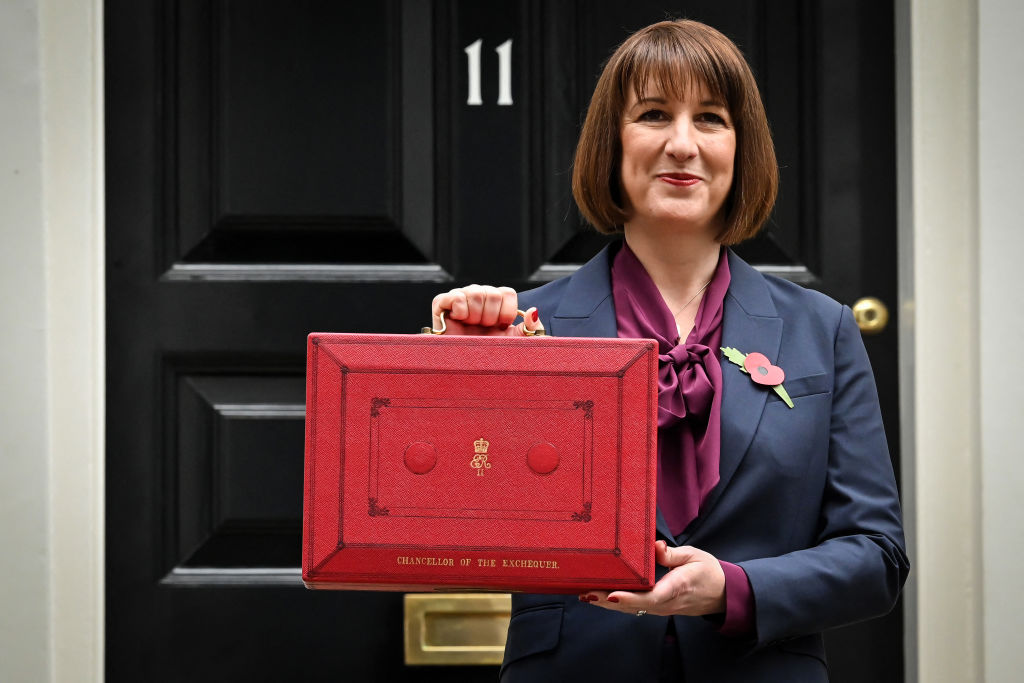 What has changed with employers’ National Insurance – and how will it impact you?
What has changed with employers’ National Insurance – and how will it impact you?Will you feel the effects of the National Insurance hike, as businesses warn of redundancies, smaller pay rises and higher inflation?
-
 Conservatives pledge to cut National Insurance again – how much could you save?
Conservatives pledge to cut National Insurance again – how much could you save?News A 2p reduction in National Insurance is a key feature of the Tory’s general election manifesto.
-
 Workers set for new national insurance tax cut – how much will you save?
Workers set for new national insurance tax cut – how much will you save?News National insurance tax rates have fallen but frozen allowances may limit the benefits.
-
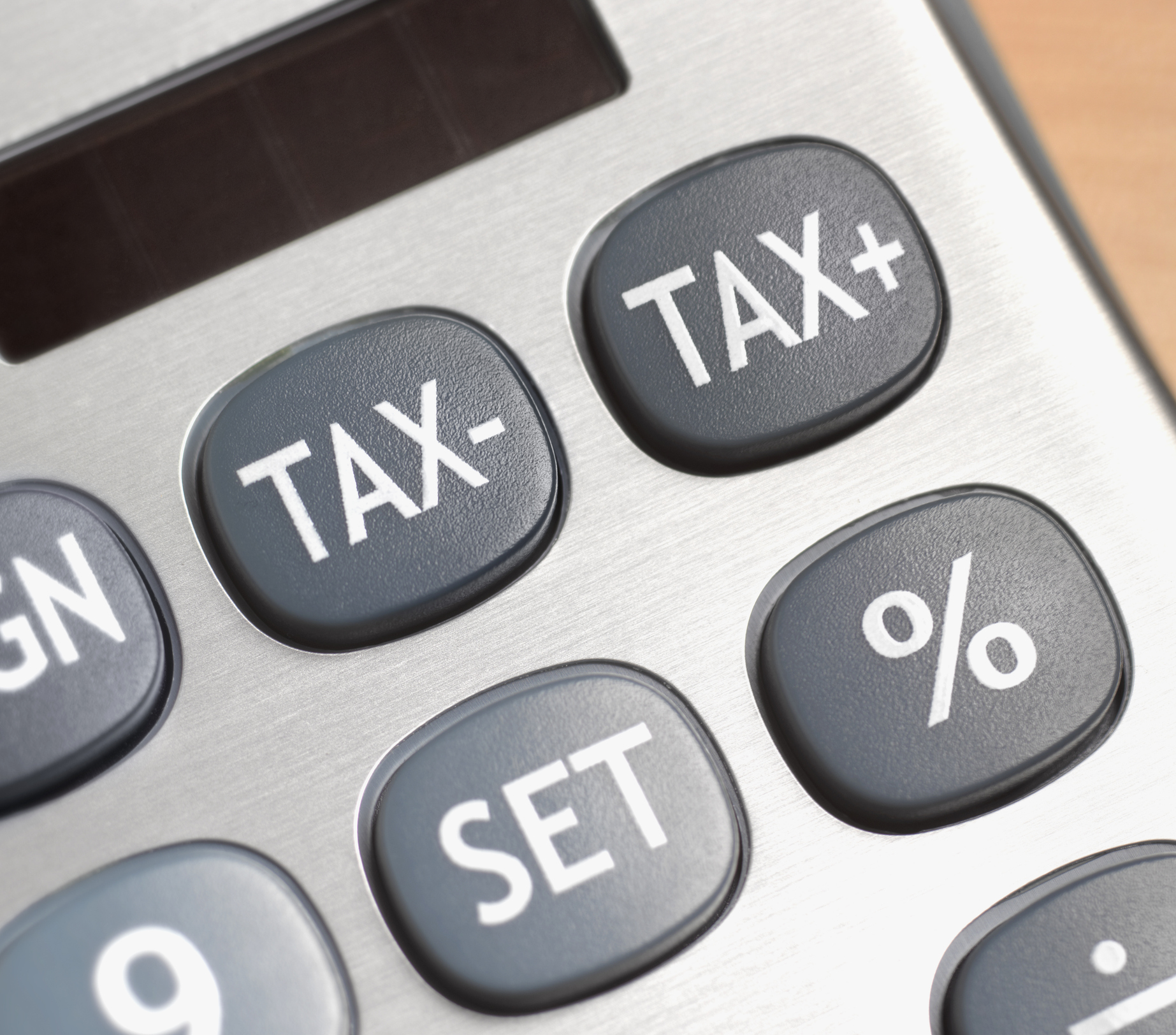 Spring Budget: What the latest National Insurance cut means for you
Spring Budget: What the latest National Insurance cut means for youNews Chancellor Jeremy Hunt announced a 2p cut in National Insurance in his latest fiscal update – how much could you actually save?
-
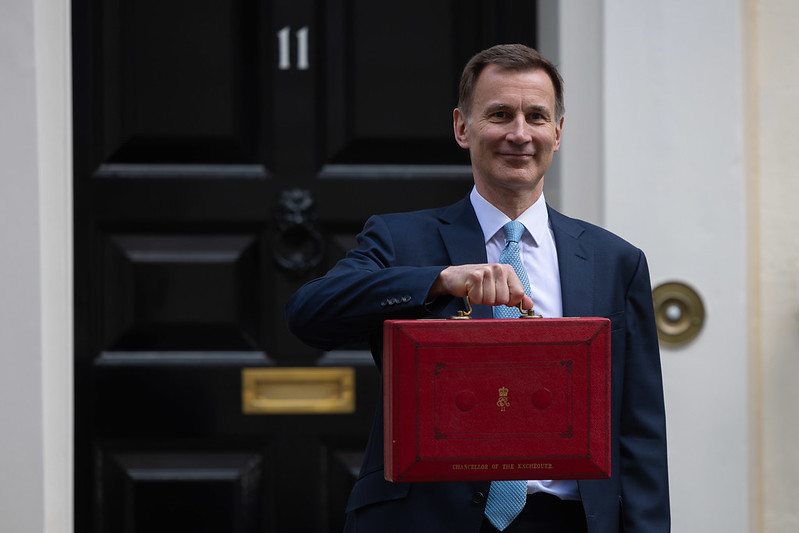 Budget 2024: National Insurance cut, a new British ISA, and reform of the child benefit charge - here’s what has been announced
Budget 2024: National Insurance cut, a new British ISA, and reform of the child benefit charge - here’s what has been announcedThe chancellor has announced a host of changes, including cutting National Insurance again, and abolishing some tax reliefs. Here’s how the Budget will affect your finances.
-
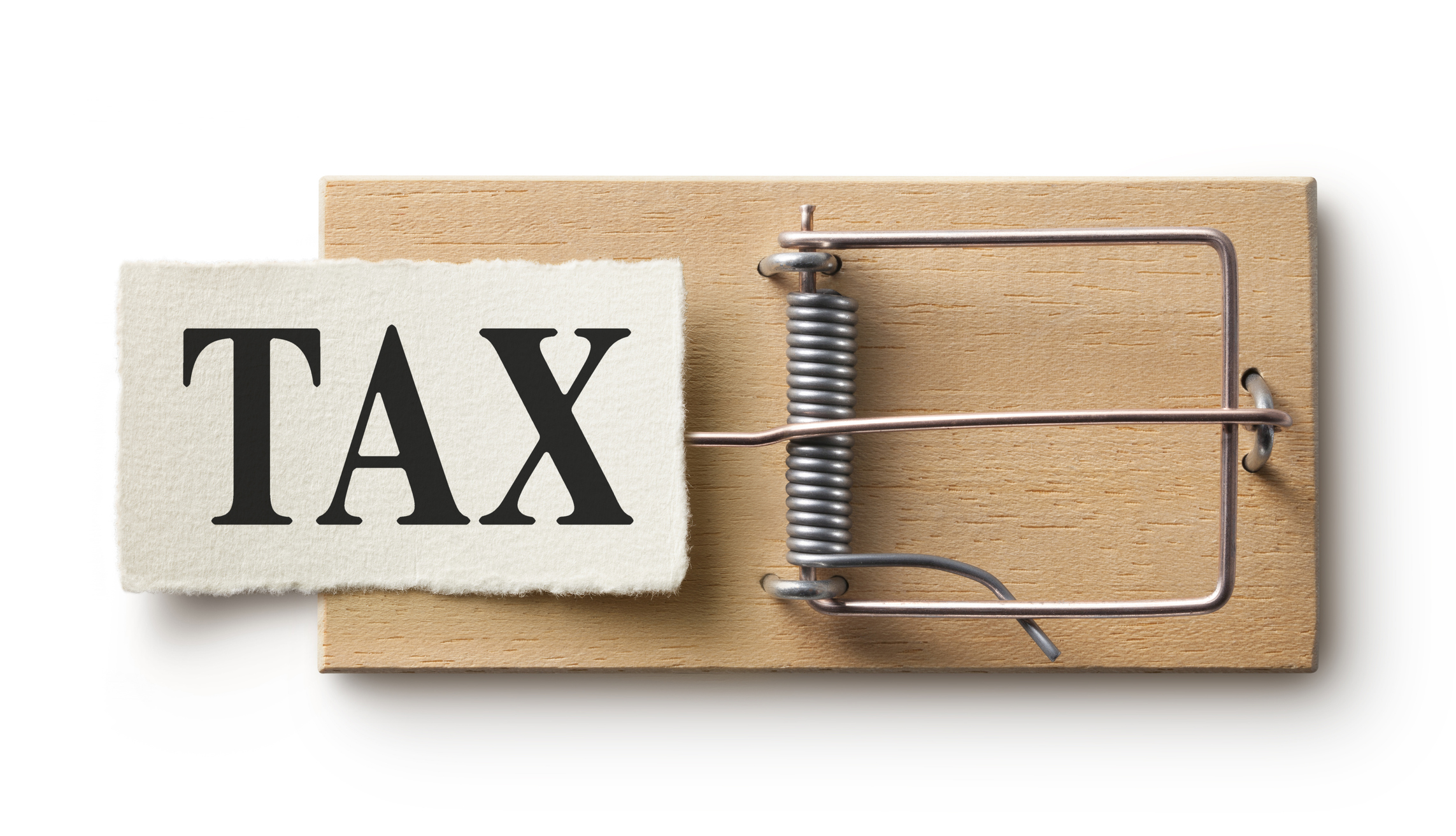 Brace for a year of tax rises
Brace for a year of tax risesThe government is strapped for cash, so prepare for tax rises. But it’s unlikely to be able to squeeze much more out of us.
-
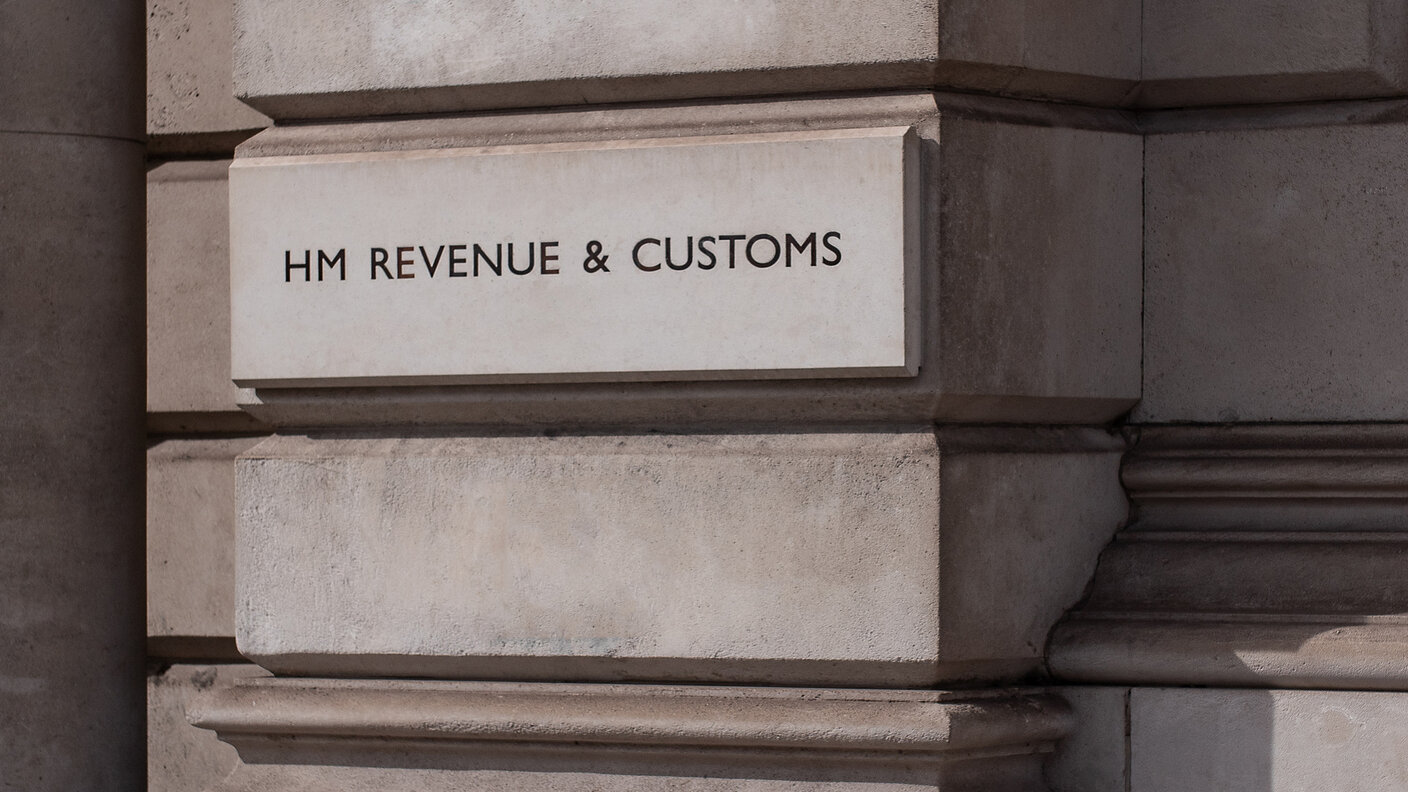 Cut taxes? No, reform them instead
Cut taxes? No, reform them insteadOpinion The way the state raises money is far too complicated, says Merryn Somerset Webb. Time for a radical revamp.
-
 The High Income Child Benefit Charge - is it the most illogical, unfair and unnecessary tax?
The High Income Child Benefit Charge - is it the most illogical, unfair and unnecessary tax?Analysis We may not like taxes, but this one is blatantly unfair, penalises middle income earners and adds to the gender pensions gap, says Kalpana Fitzpatrick.